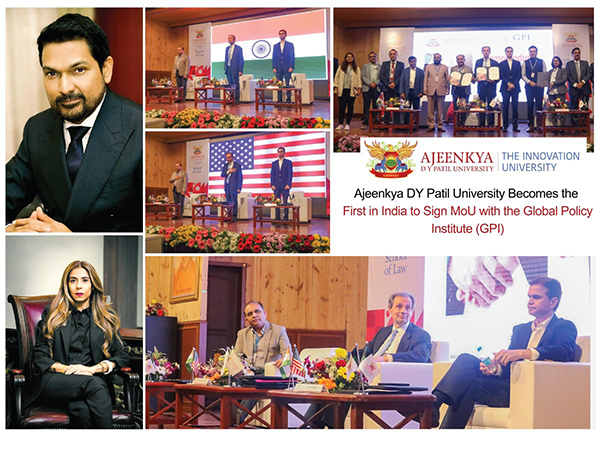Beijing's freshwater diplomacy
May 29, 2024
Beijing [China], May 29: The modern diplomatic world has just added a new concept of diplomatic methods: freshwater diplomacy.
It can simply be understood here as using the supply of fresh water from one country to another country to achieve goals and benefits in bilateral relations. These two countries are China and the island nation of Maldives.
This asymmetric bilateral relationship is a focal point of power and influence politics in the Indian Ocean
The fresh water that China supplies to the Maldives comes from China
China did not randomly donate fresh water from Tibet to the Maldives. China's Tibet freshwater diplomacy also implies a message for India, clearly demonstrating Beijing's victory in the competition with New Delhi for influence over the Maldives. In the Himalayas, there are some areas of sovereignty dispute between China and India, and the use of fresh water resources here is also a matter of disagreement between the two sides.
Source: Thanh Nien Newspaper








